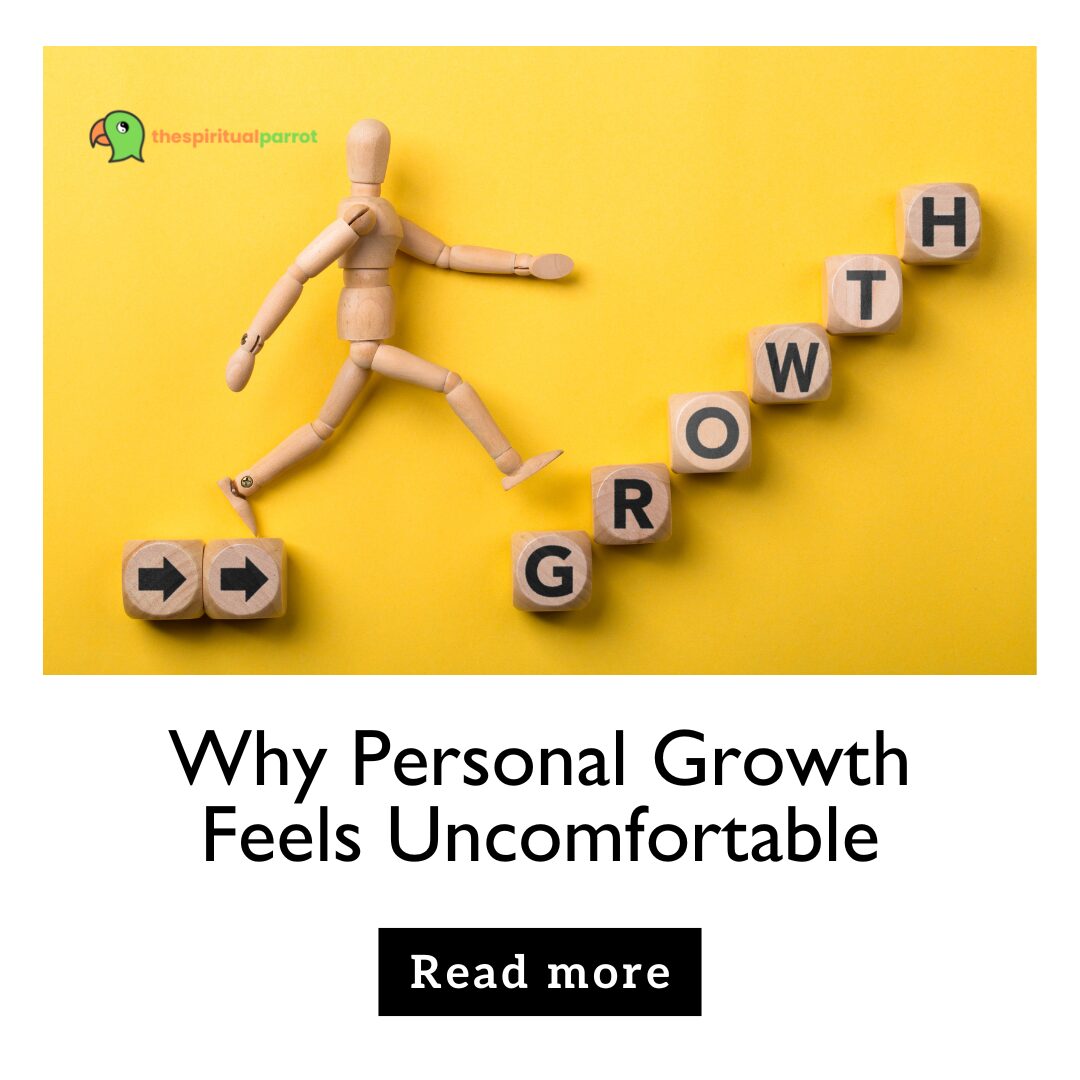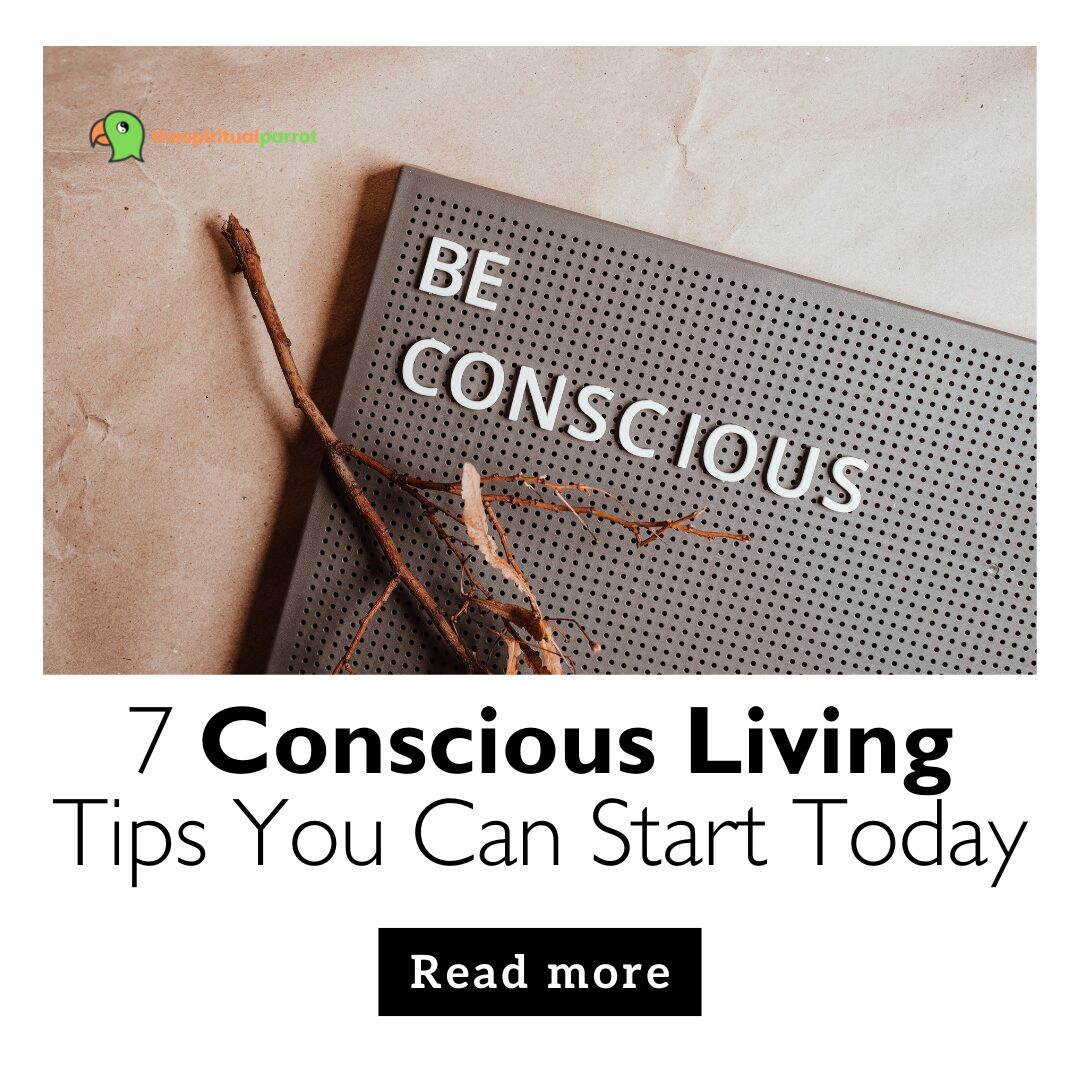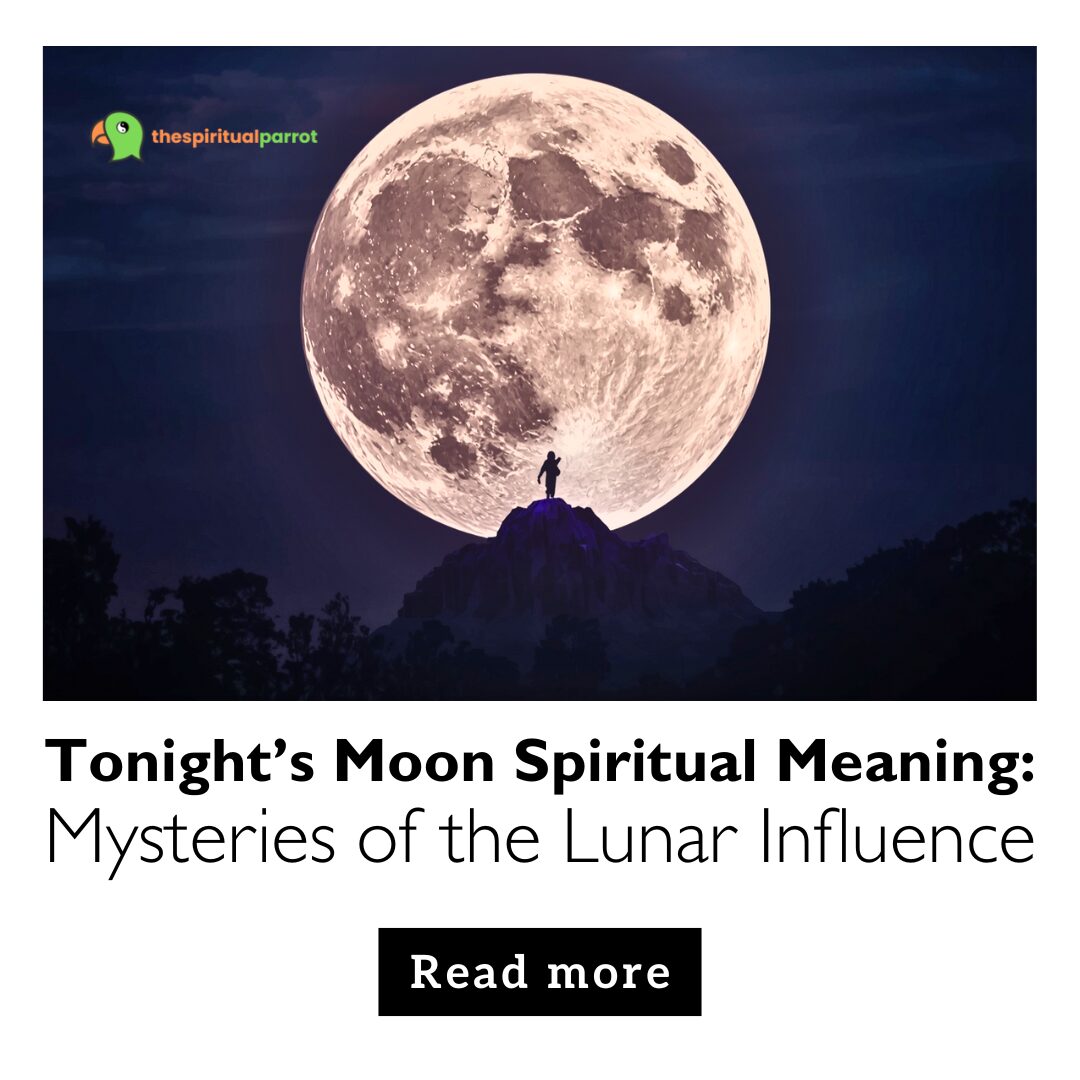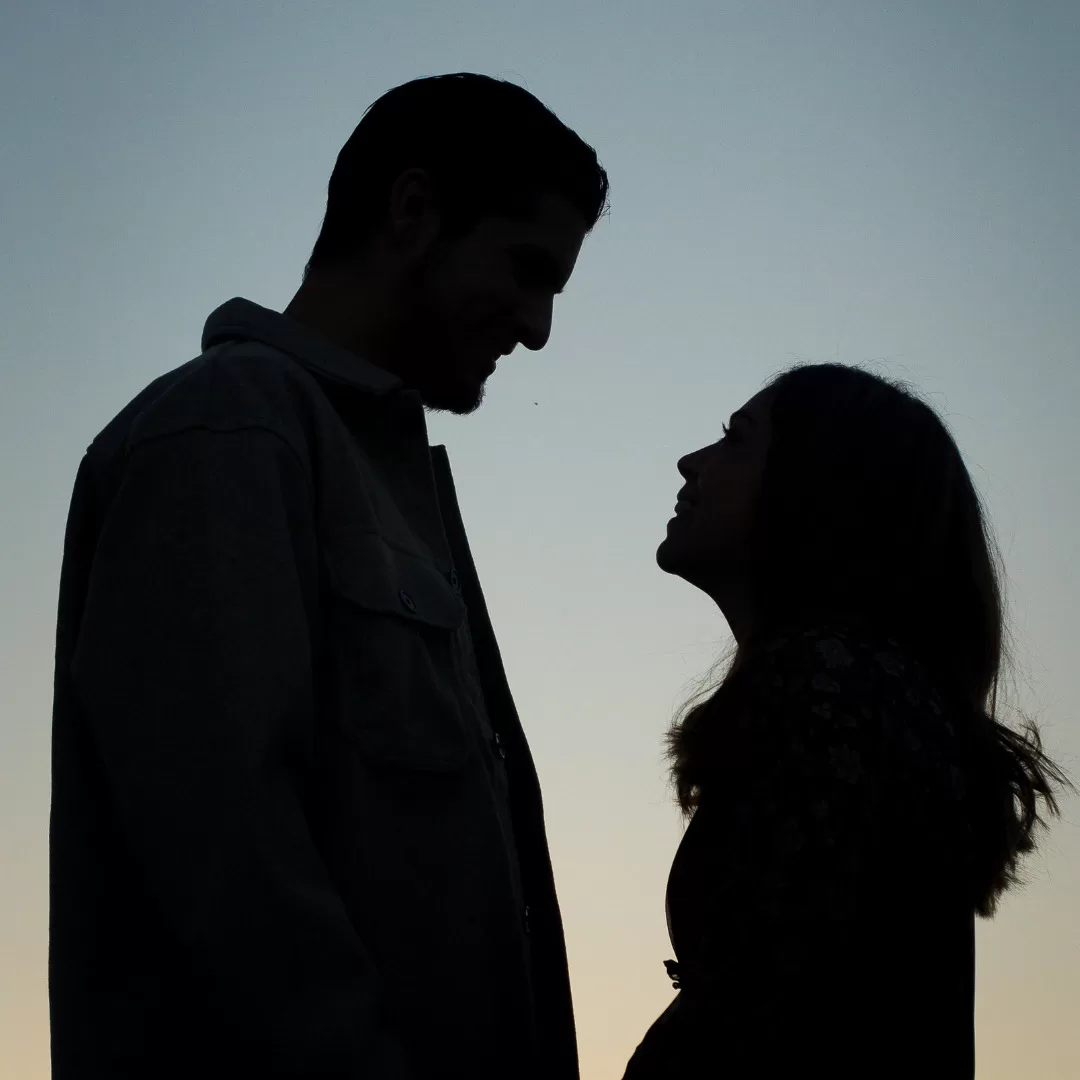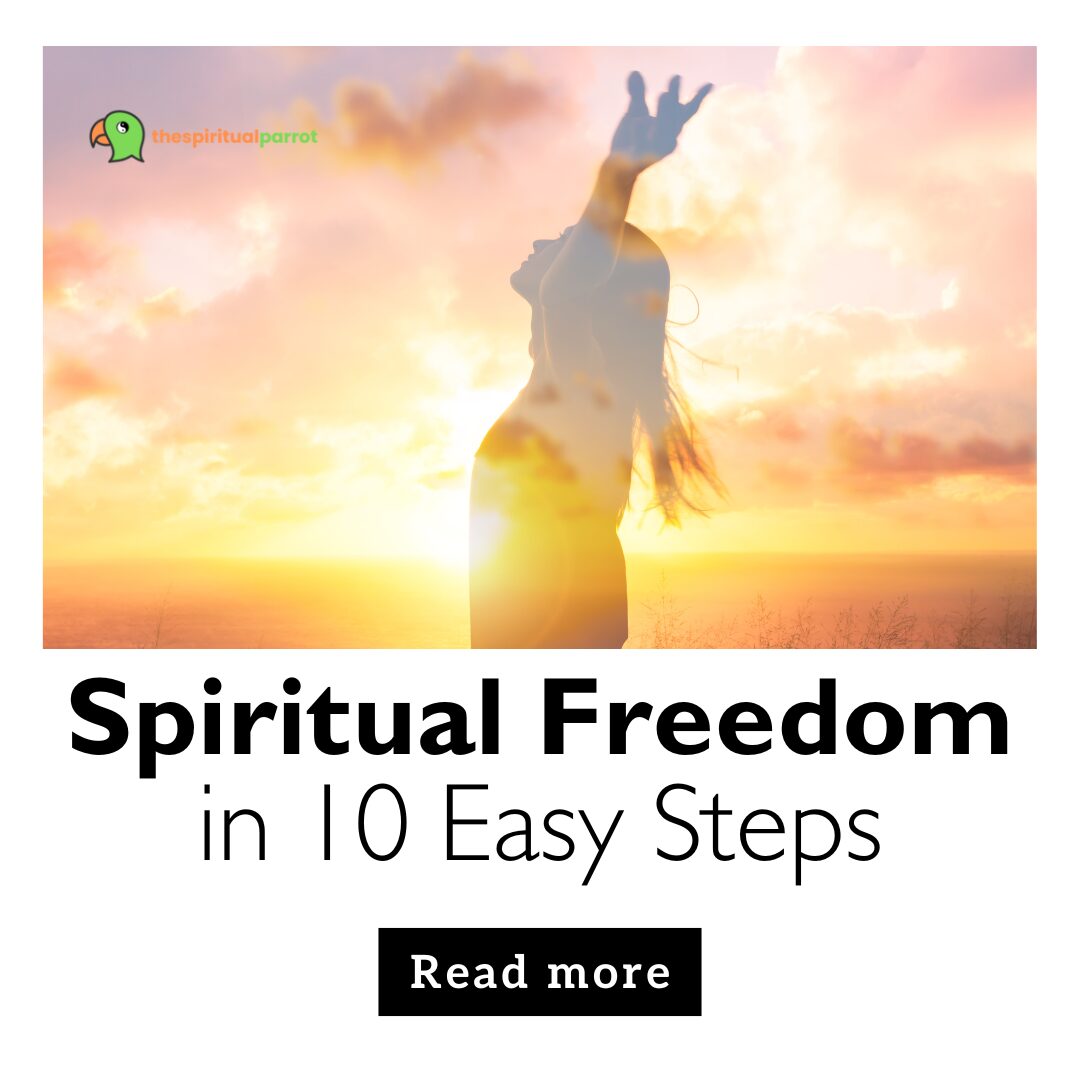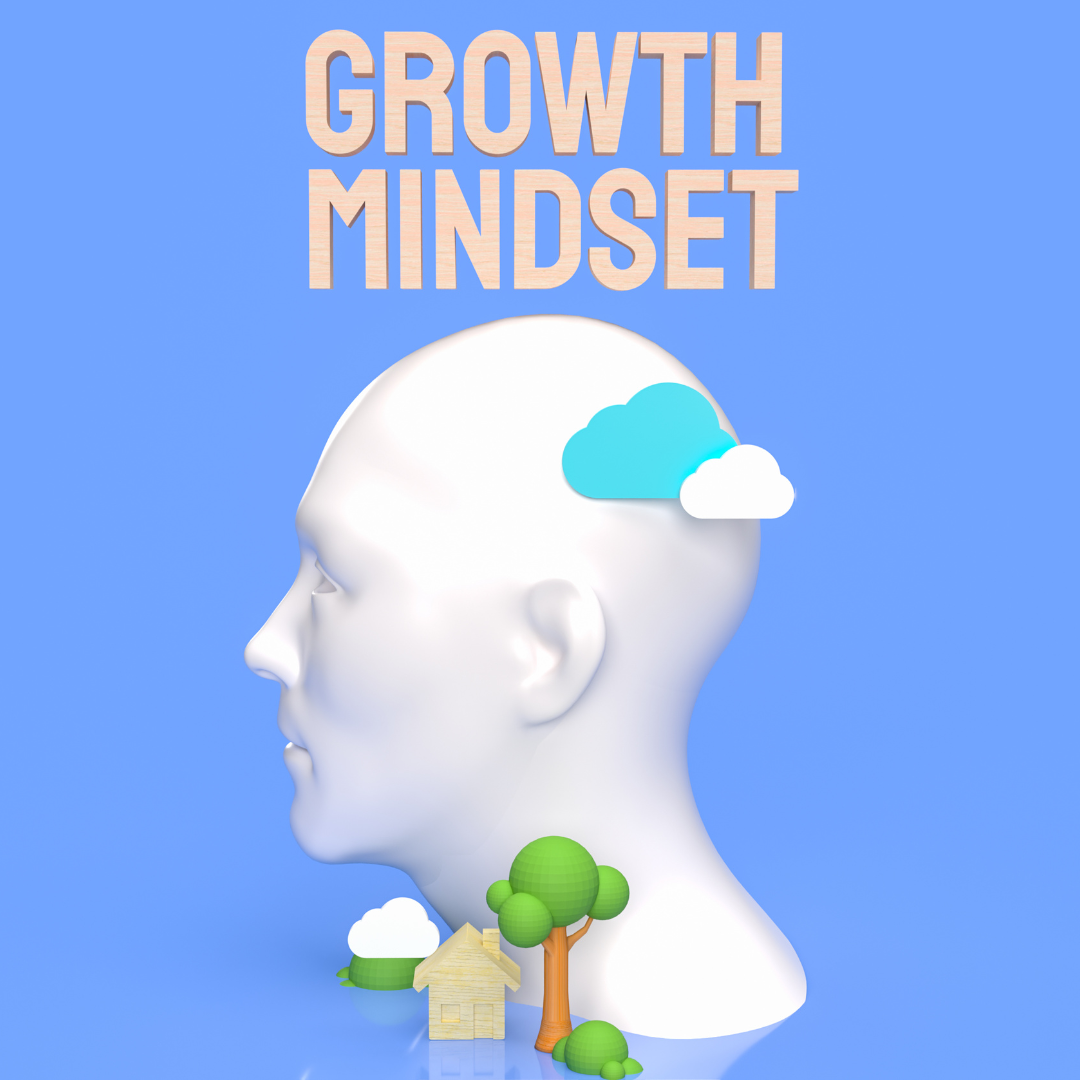We talk about growth like it’s a glow-up — becoming better, stronger, more aligned. And while that’s partly true, it’s not the whole picture. Because here’s the uncomfortable truth: personal growth feels uncomfortable. Really uncomfortable. Like losing your grip on who you used to be before you even know who you’re becoming.
Growth isn’t just about gaining wisdom or mastering new habits. It’s about shedding — old beliefs, outdated identities, toxic patterns, unspoken fears. And shedding hurts. It’s confusing. It feels like chaos, not clarity.
If you’ve been doing the inner work and wondering why you feel more broken than better — you’re not failing. You’re transforming. In this post, we’ll explore why personal growth feels so uncomfortable, what that discomfort actually means, and how to keep moving forward even when it feels like you’re falling apart.
Because the truth is: if it feels hard, you’re probably doing it right.
What Is Personal Growth, Really?
We hear the phrase “personal growth” so often it starts to sound like a buzzword — something you chase when you want to become “better” or “more spiritual.” But real growth isn’t a checklist or a five-step plan. It’s internal. Messy. Often invisible.
At its core, personal growth is the process of becoming more aligned with your true self — the version of you that’s underneath fear, habits, and old conditioning. It’s not about being perfect. It’s about becoming whole.
And here’s the part that surprises most people: personal growth feels uncomfortable because it’s not just about what you’re gaining — it’s about what you’re letting go of.
Inner Growth vs. Outer Success
You can have the dream job, the morning routine, the vision board — and still feel out of sync. That’s because external success doesn’t equal internal expansion. Personal growth has little to do with how things look and everything to do with how things feel.
Growth might mean walking away from something that no longer fits, even if it looks great on paper. It might mean choosing rest over hustle, or truth over comfort. And that shift? It’s not glamorous. It’s not easy. But it’s real.
Signs You’re Growing Even If It Doesn’t Feel Like It
Here’s the irony: the more you evolve, the more things may feel confusing at first. That’s because transformation disrupts your familiar patterns. You might feel:
- Emotionally raw or overstimulated
- Disconnected from old friendships
- Suddenly uninterested in things that once excited you
If any of this resonates, it’s not regression — it’s recalibration. Personal growth feels uncomfortable because your nervous system is adjusting to new truths. And that’s a sign that something real is shifting beneath the surface.
Why Personal Growth Feels So Uncomfortable
If you’ve ever asked yourself, “Shouldn’t I feel better by now?” — you’re not alone. Most people expect growth to feel like clarity, confidence, and forward motion. But in reality? It often feels like confusion, grief, and standing in emotional quicksand.
That’s because transformation doesn’t start with arrival. It starts with unraveling.
Personal growth feels uncomfortable not because you’re doing it wrong — but because you’re doing it for real. You’re not just adding new habits. You’re breaking old identities. And there’s no way to do that without facing discomfort head-on.
Shedding Old Identity Layers
When you grow, you let go. Of people. Patterns. Places. Parts of yourself that once kept you safe. This shedding process can feel like loss — not because something bad is happening, but because you’re releasing the version of you that no longer fits.
And just like with any loss, there’s grief involved. Confusion. Emptiness.
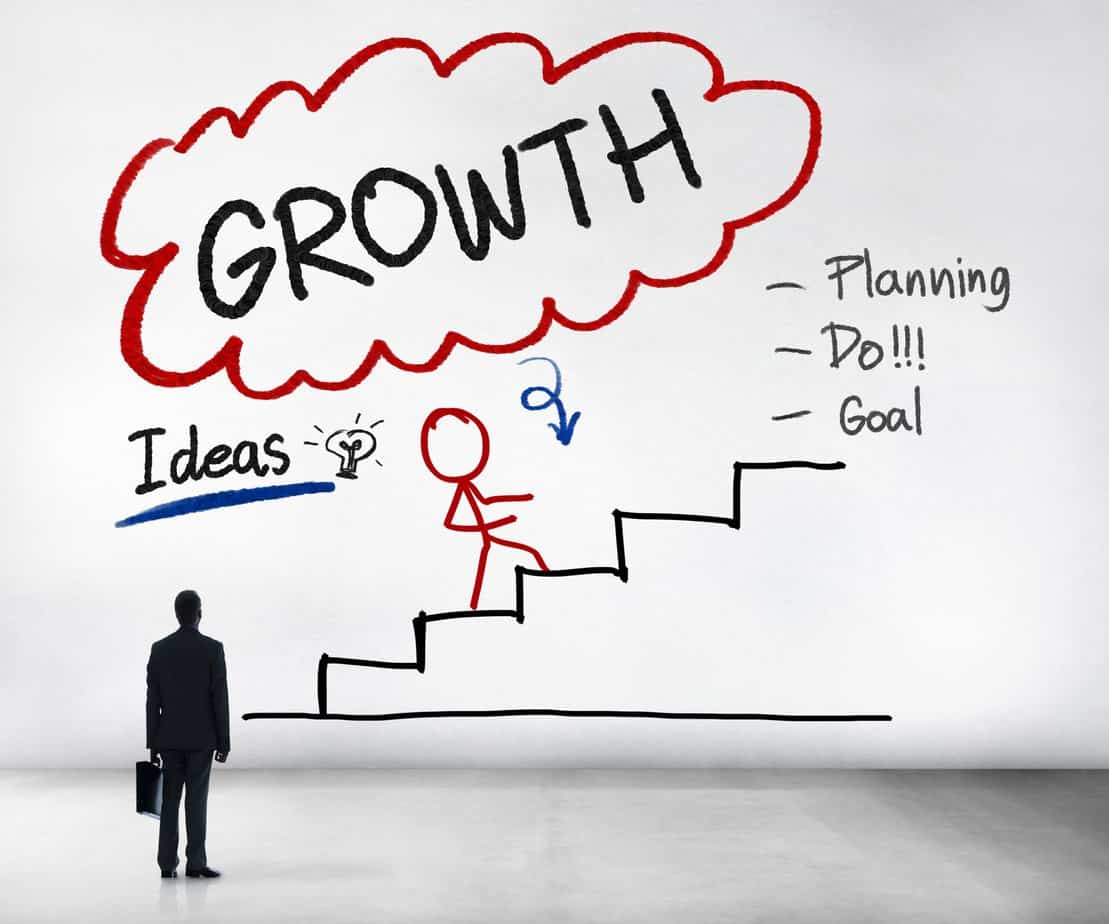
It’s hard to explain to others. You may look the same on the outside, but inside, everything’s shifting. That’s why personal growth feels uncomfortable — it’s an emotional unbuilding before the rebuilding can begin.
Resistance Is Part of the Process
Have you ever noticed that the moment you try to grow, your mind starts pushing back?
“I don’t have time for this.”
“This is too hard.”
“Who do I think I am to change?”
That’s not failure. That’s resistance — and resistance is a signal that something real is happening. It shows up when you’re stepping outside the familiar, when your comfort zone is cracking.
The discomfort doesn’t mean stop. It means you’ve hit the edge — and the edge is where the transformation lives.
What Happens On the Other Side of Growth
After all the discomfort, breakdowns, and ego unraveling — something shifts. Not suddenly. Not loudly. But slowly, and deeply.
You begin to feel lighter. Not because everything is perfect, but because you’re no longer carrying what doesn’t belong to you. Personal growth feels uncomfortable on the way up — but what waits on the other side is worth every step through the unknown.
Deeper Self-Trust and Inner Stability
When you move through pain with presence, you stop outsourcing your safety. You learn that you can survive discomfort without abandoning yourself. You start to trust your own intuition more than other people’s opinions.
That kind of self-trust isn’t loud or flashy — it’s steady. Quiet. Grounding. And it’s what makes you unshakeable, even when life gets loud again.
Real Alignment — Not Just Buzzwords
Growth leads to alignment — not just with what you want, but with who you are. You start saying no without guilt. You stop chasing validation. You don’t need constant stimulation or approval anymore.
And your outer life? It starts to match your inner world. Maybe not instantly. But eventually, you’ll notice:
- Relationships shift toward honesty
- Work becomes more meaningful or conscious
- Your pace slows down, but your clarity speeds up
That’s alignment. And that’s what’s on the other side of discomfort.
How to Stay Committed During the Hard Parts
Let’s be honest: when personal growth feels uncomfortable, it’s tempting to backpedal. To return to what’s familiar, even if it hurts. To convince yourself that maybe now isn’t the right time. That maybe you’re not ready.
But the truth is, you’re more ready than you think — you just need anchors. You need reminders that discomfort isn’t danger. It’s expansion.
Small Anchors That Keep You Grounded
You don’t need a major plan to stay committed — you need small, daily check-ins with your soul. Try:
- A short morning ritual (even just 3 deep breaths)
- Writing one truth you’ve discovered that day
- Spending time in silence before reacting to discomfort
- Tracking how you feel instead of what you accomplish
These micro-habits act like spiritual seatbelts — they hold you steady when everything else feels like it’s shaking.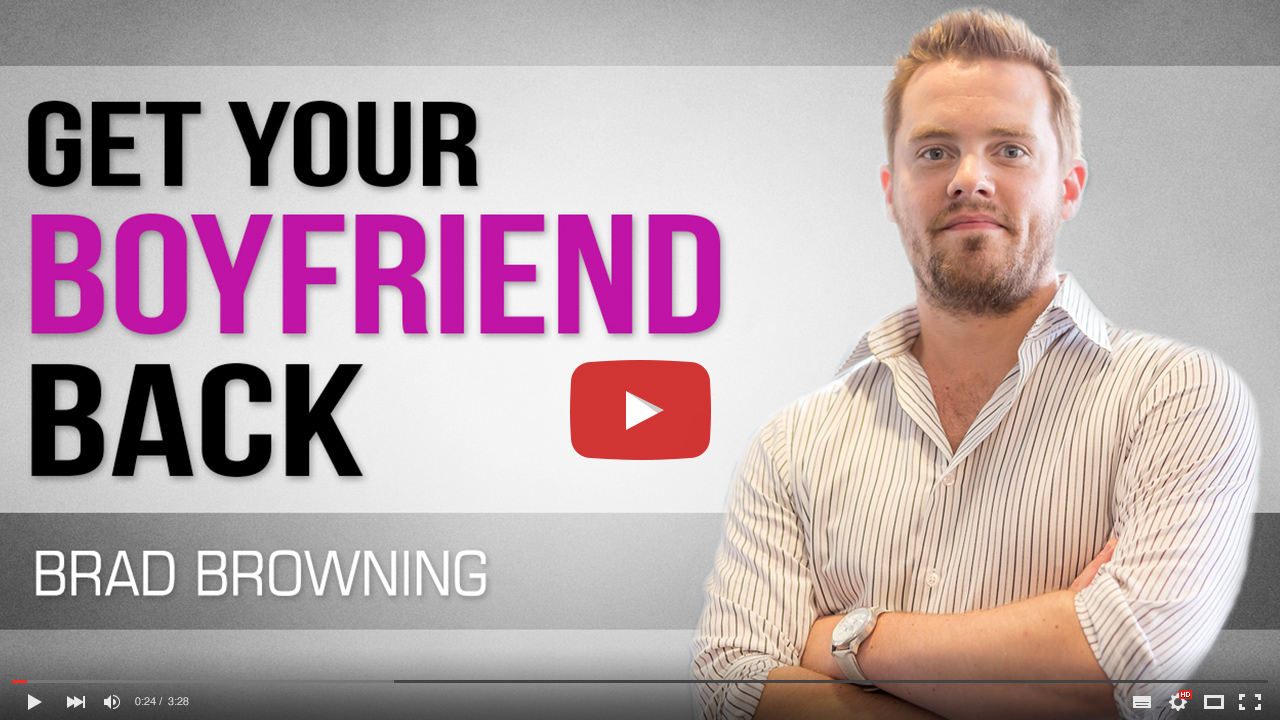
Letting Discomfort Be a Teacher
When the old you starts to break down, don’t rush to fix it. Sit with the discomfort. Ask:
- What is this feeling trying to show me?
- What belief is being challenged right now?
- What version of me is trying to be born?
Sometimes, just naming what’s happening can bring clarity. Instead of thinking “Why am I like this?” you start thinking, “Oh — I’m growing.” And that shift in awareness changes everything.
Growing Isn’t Always Pretty — But It’s Always Sacred
Let’s be real — growth rarely looks like a sunrise yoga session and a green smoothie. More often, it looks like crying on the floor, questioning everything, losing your appetite for things that once made you feel alive… and still choosing to keep going.
That’s the truth behind why personal growth feels uncomfortable — because you’re not just evolving. You’re excavating. Shedding. Becoming.
You’re saying goodbye to outdated patterns, breaking invisible chains, and stepping into a version of yourself that doesn’t yet have a name. And that process? It’s sacred. Not because it’s easy. But because it’s honest.
So if you’re in the thick of it — doubting yourself, craving clarity, or feeling raw and unravelled — know this:
You’re not lost.
You’re becoming.
Keep going. The discomfort isn’t the end of the story — it’s the doorway.
